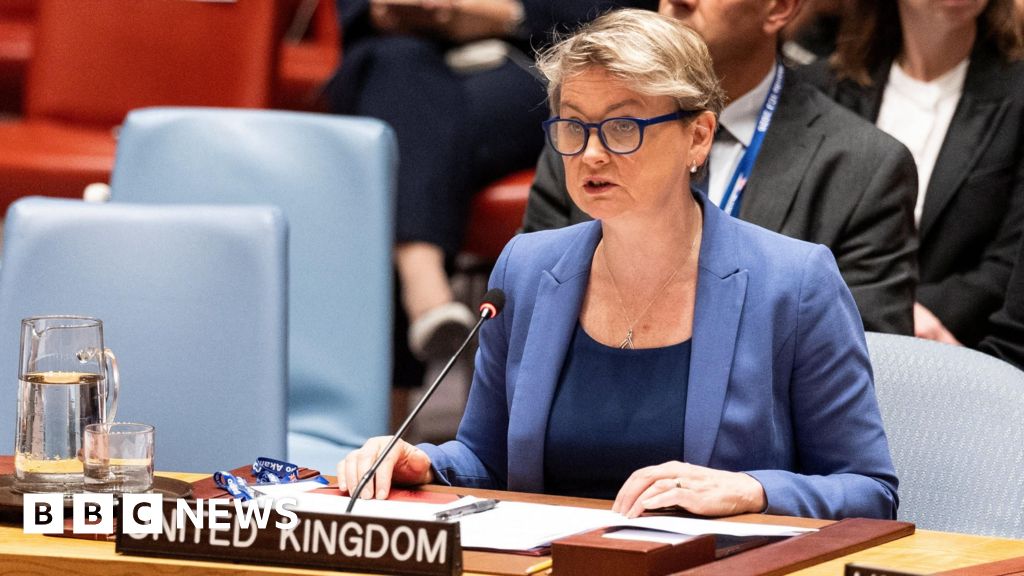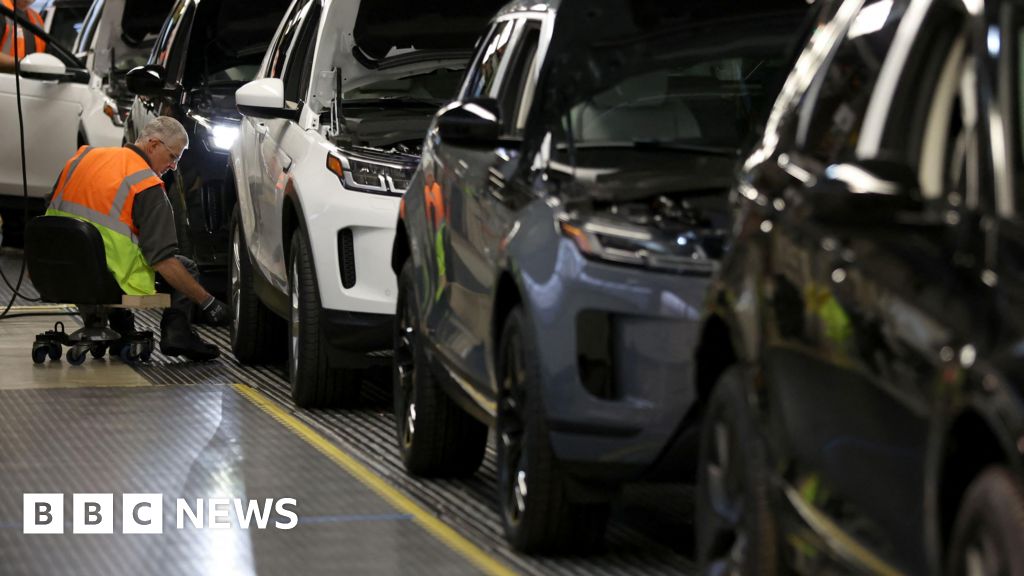Scarlets 21
Munster 34
Rob Cole reports from Parc y Scarlets
AS FIRST DAYS at the office go new Munster head coach Clayton McMillan couldn’t have asked for much more from his new charges as they picked up a full house of five points at Parc y Scarlets.
The former Chiefs boss, well versed in Super Rugby, got his first taste of one of the northern hemisphere’s top leagues and saw his players out muscle their hosts and, more importantly, outscore them by four tries to three.
You now have to go back nine games to 2019 for the last time Munster lost to the Scarlets and even though the home side had a 9,000+ crowd backing them on a day when hundreds of fans staged a march from the Llanelli town centre to the ground in protest at the Welsh Rugby Union’s plans to possibly cut the number of regions from four to two next month, McMillan’s men never let the obvious emotion of the occasion knock them out of their stride.
Despite a second half rally from the home team, who had won their final four home matches last season, in which they scored three tries, Munster controlled the game from start to finish. The scored first, from a driving line-out, led 13-0 at half-time, extended their advantage with an early score after the break and ended with the required four tries.
New centre Dan Kelly, a summer recruit from Leicester Tigers, linked superbly in midfield with player of the match Alex Nankivell and acting skipper Craig Casey directed operations very well at the heels of a pack that did almost everything he asked of them.
‘’It was a really proud day for me and my family captaining the side and the forwards put in a hell of a shift. We asked them to deliver and they really fronted up,’’ said Casey.
‘’We knew it was going to be difficult but we want to build on a positive pre-season. I think we did that.’’
Munster may have arrived without some legendary stalwarts following a summer cull and a string of retirements, but they quickly got to grips with the conditions and the home side. No Conor Murray, no Peter O’Mahony, no Stephen Archer, no Dave Kilcoyne, no worries.
McMillan arrived in Limerick with a big reputation after steering the Chiefs to three Super Rugby finals in a row from 2023 to 2025. He also previously worked with the New Zealand U20 team, as well as working with the Maori All Blacks and All Blacks XV.
The Scarlets started brightly but were guilty of giving away too many penalties at the breakdown. Hands in the cookie jar cost them dearly in the 10th minute when it allowed JJ Hanrahan, back at No 10 for Munster for a third spell, to kick to the left corner.
The throw went to Jean Kleyn, the drive came on and skipper for the day Craig Casey merely stole away from the maul as it turned to cross unopposed. The TMO came in to check for possible obstruction, but Scottish referee Sam Grove-White declared he was happy and Hanrahan added the extras.
That filled the visitors with confidence and they spent the majority of the half on the first half on the front foot. Thaakir Abrahams was just knocked into touch inches short of the corner flag and before another breakdown offence gave Hanrahan the chance to make it 10-0 midway through the half with a simple penalty.
A charging run out of his 22 and up to the home 10 metre line by No 8 Brian Gleeson off the base of a scrum gave Munster a great opportunity to add to their lead. Hanrahan kicked cross field to Shane Daly, but he was brought down five metres short.
Then Hanrahan added another penalty around the half-hour mark to extend the lead to 13 points and it was looking all too easy for the visitors. The Munster defensive wall kept Scarlets at bay in the final few minutes of the first half to keep them scoreless and when Mike Haley waltzed over two minutes after the restart for a try that Jack Crowley, who replaced Hanrahan at the break, the lead went to 20.
To their credit the Scarlets did manage to conjure up two second half tries from Blair Murray and Ellis Mee, both converted by Sam Costelow, and then pinched an interception score at the posts from Taine Plumtree.
But Munster powered on to the bonus-point with further tries from impressive newcomer Dan Kelly and then Tom Ahern.
Scarlets scorers:
Tries – B Murray (48), E Mee (63), T Plumtree (75)
Conversions – S Costelow [2/2], J Hawkins [1/1].
Munster scorers:
Tries – C Casey (10), M Haly (42), D Kelly (58), T Ahern (70)
Conversions – J Crowley [3/3], JJ Hanrahan [1/1]
Penalties – JJ Hanrahan [2]
SCARLETS: B Murray; T Rogers (M Page 64), J Roberts, J Hawkins (J Williams 51), E Mee; S Costelow, G Davies (D Blacker 72); A Hepburn (S O’Connor 47), Harry Thomas (K Myhill 62), Henry Thomas (H O’Connor 57), J Ball, M Douglas (D Davis 73), T Davies (J Taylor 43), J Macleod (captain), T Plumtree
MUNSTER: M Haley; S Daly (S O’Brien 69), D Kelly, A Nankivell, T Abrahams; JJ Hanrahan (J Crowley 41), C Casey (captain, P Patterson, 71); J Loughman (J Wycherley 49), N Scannell (L Barron 37), O Jager (C Bartley 62), J Kleyn (T Ahern 51), F Wycherley, J O’Donoghue, A Kendellen, B Gleeson (G Coombes,53)
Referee: Sam Grove-White (Scotland).
Written by Rob Cole and originally published on The 42 whose award-winning team produces original content that you won’t find anywhere else: on GAA, League of Ireland, women’s sport and boxing, as well as our game-changing rugby coverage, all with an Irish eye. Subscribe here.




















































